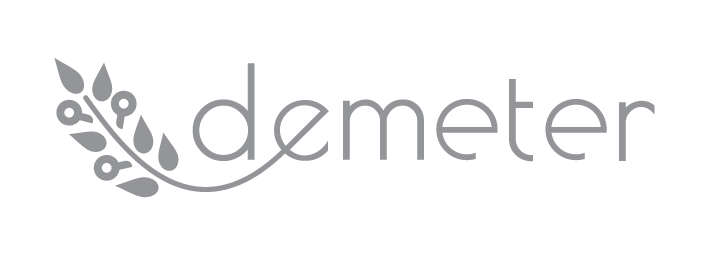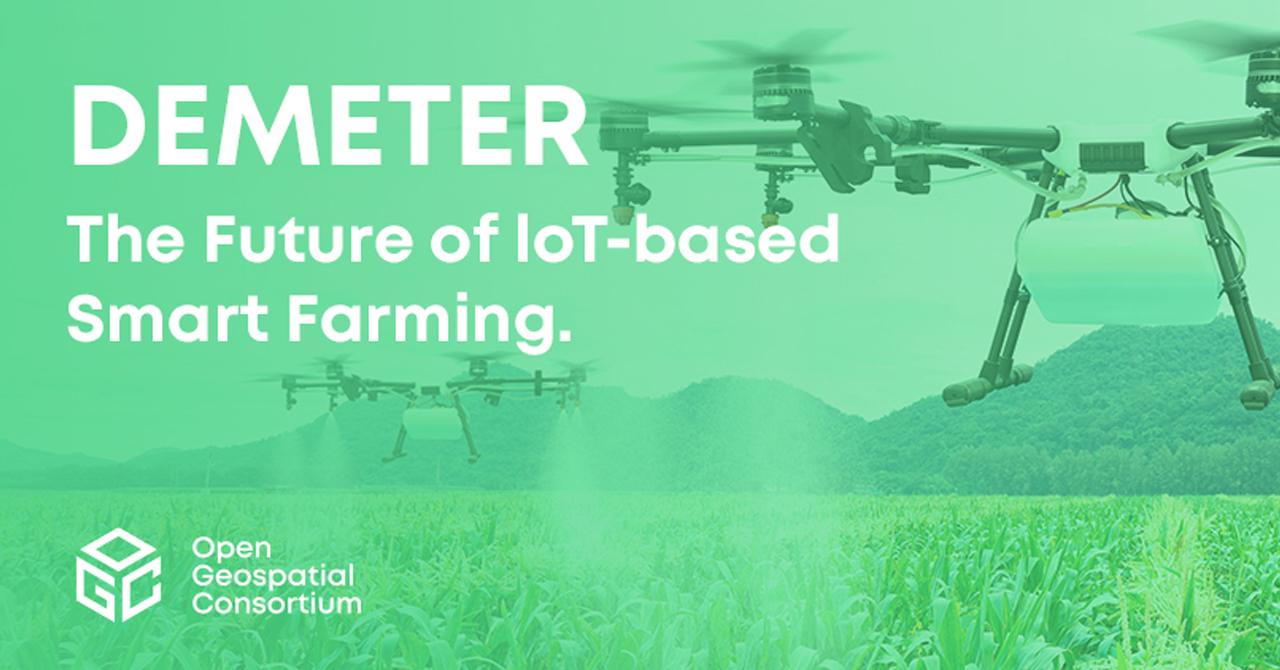Reliably producing good yields with as little impact on the environment as possible: this is what the agriculture of the future should look like in Europe. But the reality still looks different: heavy use of pesticides, fluctuating yields due to changing climate conditions.
So how can a fundamental change in agriculture succeed? The DEMETER project provided initial answers. DEMETER results help farmers reliably produce good yields while protecting valuable natural resources.
With this project, the OGC has supported the UN’s development goals in Agenda 2030. Point two “no hunger” aims to combat global hunger, i.e. to reliably supply the world’s population with food and protect the environment.

In addition, the project followed the guidelines of the United Nations Convention to Combat Desertification (UNCCD) against the destruction of fertile soils and biodiversity through uncontrolled agriculture such as overgrazing, deforestation or draining of swamps.
DEMETER has been based on a wide range of data, including weather, crop quality and soil characteristics. Around 6,000 farmers from 18 European countries have collected this data. DEMETER has developed a model to use across agriculture IT systems. In this way, farmers can be helped to optimize their production processes, i.e. to “do more with less”. DEMETER has demonstrated the real potential of data exchange. Existing standards have been adapted and extended to create a comprehensive agricultural information model. In the process, security, data protection, privacy and trade secret protection are ensured across the entire value chain of all participants.
DEMETER has demonstrated how different systems and data sources can be integrated. These include data collected on the ground, satellite data and data derived from simulation models. As a result, DEMETER has developed an open and interoperable data integration model, which is currently being developed as a new international standard in the OGC: The Agriculture Information Model.
The role of the OGC in DEMETER has been to bring all stakeholders to the table, to identify commonalities and differences, and to investigate them in a variety of pilot projects as examples.
The goal of DEMETER, which was to contribute to the creation of a secure and sustainable European IoT technology and business ecosystem for the agriculture sector, has been achieved. This innovation has the potential to be a game-changer in the EU food and agriculture sector. Further development through the OGC standardisation process will make the approaches globally applicable in the future.
If you are interested in contributing to this work, please contact innovation@ogc.org.
The Standards Working Group “Agriculture Information Model” has already come together. More information is available online.

Demeter is a Horizon 2020 project (857202) supported by the European Union.
